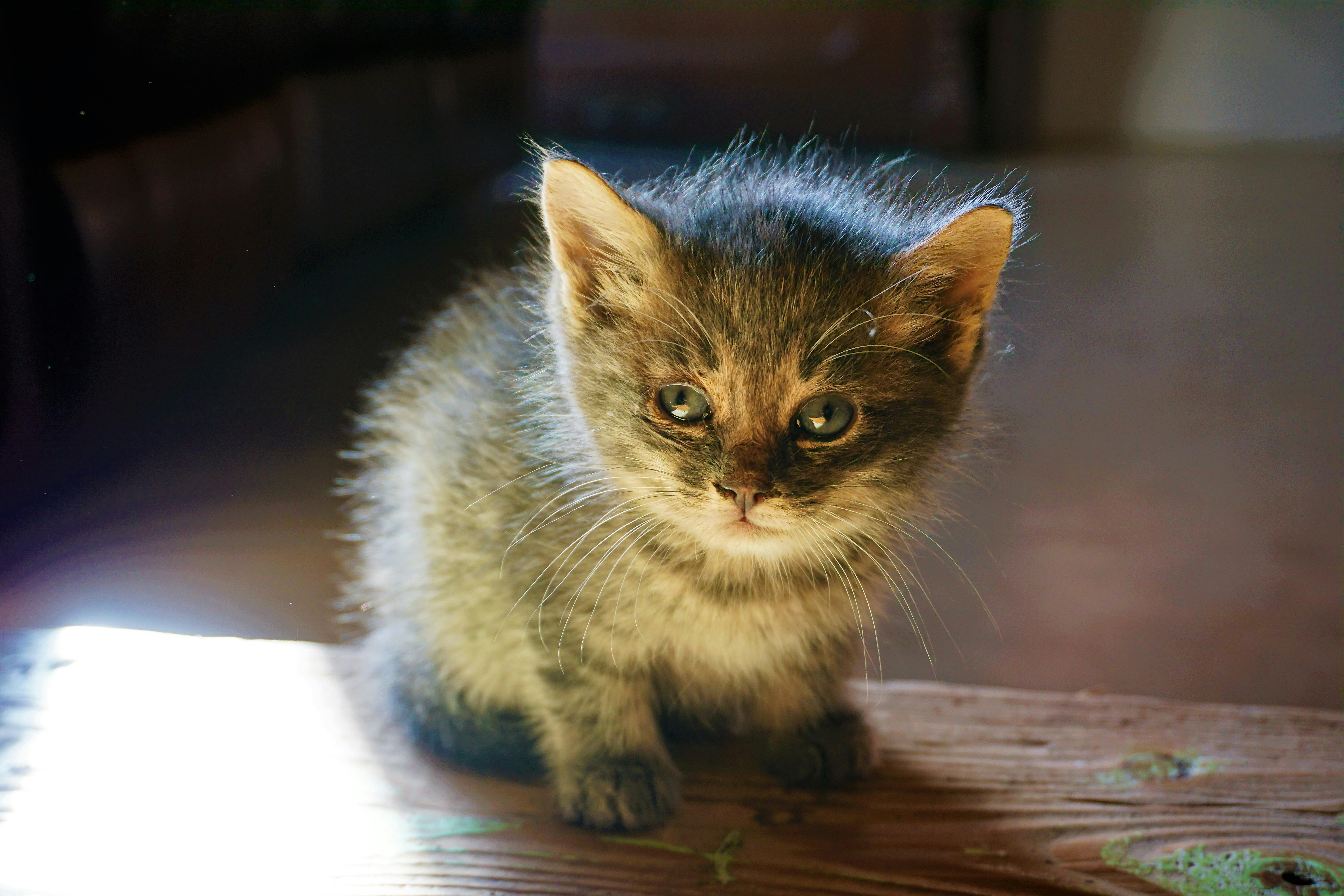As with mothers and their babies, if someone gets too close to a litter of kittens, especially if they are very young, the female queen will become very aggressive. Even if your cat is normally very placid with you, her maternal instincts will kick in and she can become aggressive.
Maternal aggression
Maternal aggression in domestic cats is very unpredictable. Some will start whistling as soon as they see you approaching, others will attack if you get too close. While most nursing cats will have a pretty good idea of who to trust and who could be a threat, be prepared for the unpredictable.
It is very important that your cat has a warm and safe nesting area before the kittens are born. You need easy access to food and fresh water and litter tray. For the first few days and weeks, you will just let the kittens eat and relieve themselves. Make sure that no one, including you, touches kittens when they are very young. It’s the same thing that you don’t want too many people to hold your newborn baby. You want to protect it from any possible harm.
As kittens get older and more adventurous, you can begin to manipulate and socialize them into accepting human touch. This is a very important part of growing a kitten. And as the kittens get older, your cat will allow more “liberties” to be taken with them.
To avoid this maternal aggression in your cat, have it spayed. It’s as simple as that. And despite the old wives’ tale, it is not necessary for your cat to have a litter before being sterilized. If you want to keep your cat “whole” for any reason, make sure that she is not allowed outside while she is in heat.
Parental aggression
This is quite rare, but it does occur in wild cats and some house cats. A male cat can kill the kittens of a female who has mated with another male who could be considered a “competitor.” This dates back to the days of feral cats when killing a competitor’s offspring prevented the transmission of genes. Once the kittens are dead, the male is free to mate with the female as soon as she goes into heat again, giving him the opportunity to pass his genes on to another generation.
If you notice signs of paternal aggression in your male cat, make sure the female and kittens are kept in a safe and secure place, out of reach. If you know of females that nest in your local area, advise them to keep their cats and kittens safe as well.
Once again, the solution is simple. Have your male cat neutered ASAP? Check with your vet about this. Without hormonal factors influencing the cat, the behavior will not occur. Once the opportunity for parental aggression is removed, your cat should go back to being a normal happy cat. If you do not want to neuter your male cat for any reason, you should keep him indoors where he cannot mate with any female. This will have the added benefit of helping prevent the spread of feral cats.
